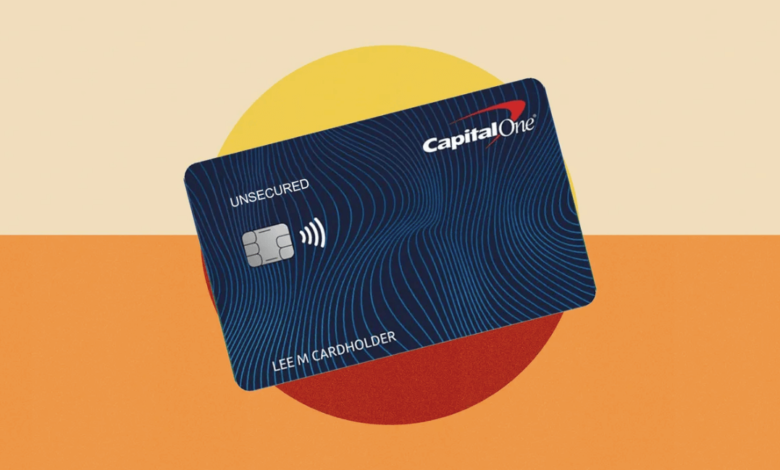
What Is An Unsecured Credit Card: A Comprehensive Guide
In today’s financial landscape, credit cards have become integral to our lives. They offer convenience and flexibility in managing our expenses and financial needs. In this article, we will delve into the world of what is an unsecured credit card, exploring what they are, how they work, and why they might be the right choice for you.
What is an Unsecured Credit Card?
Unlike secured credit cards, which are backed by a cash deposit, unsecured credit cards are extended to consumers based on their creditworthiness and financial history. Let’s break down the key aspects of unsecured credit cards.
Key Features of Unsecured Credit Cards
1. No Collateral Required
The primary feature that sets unsecured credit cards apart from their secured counterparts is that they do not require a cash deposit as collateral. This means you don’t need to tie up a sum of money to access credit.
2. Credit Limit Determined by Creditworthiness
Lenders assess your credit history, income, and other financial factors to decide how much credit they are willing to extend to you.
3. Revolving Credit
Unsecured credit cards typically offer a revolving credit line. This means you can borrow up to your credit limit and pay it back over time. The unused portion of your credit limit remains available for future use.
4. Interest Rates and Fees
Interest rates on unsecured credit cards can vary widely depending on your credit score. It’s essential to compare offers and understand the annual percentage rate (APR) and any fees associated with the card.
Advantages of Unsecured Credit Cards
Now that we’ve covered the basics, let’s explore the advantages of using unsecured credit cards.
1. Convenience and Flexibility
Unsecured credit cards offer convenience and flexibility in managing your finances. They can be used for everyday purchases, travel expenses, and emergencies.
2. No Collateral Risk
With no collateral required, you won’t risk losing your deposit if you default on payments, as is the case with secured credit cards.
3. Access to Rewards and Perks
Many unsecured credit cards come with rewards programs, cashback offers, and various perks like travel insurance and extended warranties.
Is an Unsecured Credit Card Right for You?
Unsecured credit cards are not for everyone. Here are some factors to consider when deciding if they are the right choice for you:
1. Interest Rates
Be prepared for varying interest rates. You may qualify for lower rates if you have excellent credit, while those with less stellar credit may face higher APRs.
3. Responsible Usage
To benefit from an unsecured credit card, you must use it responsibly. This means making timely payments and not maxing out your credit limit. Read more…
Conclusion
In conclusion, what is an unsecured credit card offer a convenient and flexible way to manage your finances without the need for collateral. Rebuilding your credit, provided you use them responsibly. Before applying for an unsecured credit card, assess your creditworthiness, compare offers, and choose the one that aligns with your financial goals.
FAQs (Frequently Asked Questions)
- Are unsecured credit cards safe to use?
- Unsecured credit cards are safe to use if you manage them responsibly. Make on-time payments and avoid exceeding your credit limit.
- What is the difference between unsecured and secured credit cards?
- Unsecured credit cards do not require collateral, while secured credit cards require a cash deposit to secure the credit limit.
- Can I get an unsecured credit card with bad credit?
- It may be more challenging to qualify for an unsecured credit card with bad credit, but some options are designed for individuals with lower credit scores.
- How do I apply for an unsecured credit card?
- You can apply for an unsecured credit card online or through your preferred bank or credit card issuer.
- What should I do if my unsecured credit card application is denied?
- If your application is denied, you can work on improving your credit score and financial situation before reapplying.



